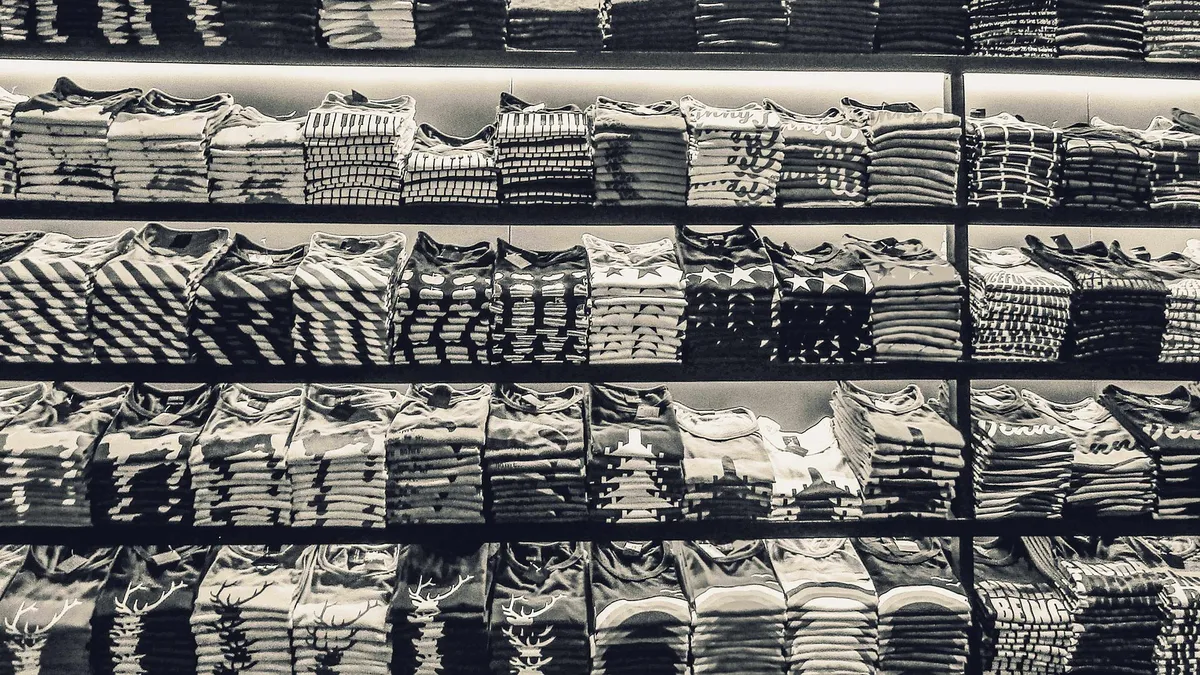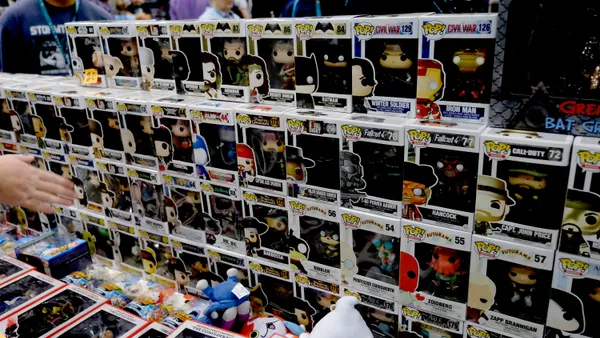Dive Brief:
- College apparel provider Badger Sportwear will no longer source from Hetian Taida Apparel, a privately owned garment factory in the western Xinjiang region of China, after an Associated Press investigation revealed the factory is staffed by unpaid detainees of the state, made up largely of ethnic and religious minorities and surrounded by armed guards and dogs.
- Hetian Taida is located inside an internment camp, which the Chinese government calls a "training center." Chinese officials insisted to the AP that the workers were there by choice and said the facility was intended to prepare workers for a "modern and civilized world." Family members of the Uighur, Kazakh and other Muslim-majority ethnicity workers told the AP their relatives had no choice in the matter, and some were not paid at all while others earned around the region's minimum wage.
- Badger will no longer do business in the entire region and will not ship any product in its inventory produced at the facility. The Statesville, North Carolina-based company told the AP that Hetian Taida products represented roughly 1% of Badger's sales.
Dive Insight:
The AP investigation and scandal that followed demonstrate how difficult it is for companies to truly see the base of their supply chains.
Hetian Taida Apparel, which owns multiple factories, has not hidden from scrutiny before this report and has even received approval of its practices from international bodies. The company was certified Worldwide Responsible Accredited Production (WRAP), but WRAP, like many similar certifying organizations, audits facilities upon request and therefore had not audited the facility inside the internment camp.
Audits of all kinds of production facilities are often performed upon request and represent just a snapshot —sometimes pre-arranged, sometimes surprise — of a business' operations. But it's cases like these that make it clear that businesses need complete visibility into the facilities they are patronizing to ensure their goods are being ethically produced.
Furthermore, selling goods produced by forced labor is illegal in the United States and U.S. Customs and Border Protection is reviewing the case, or was before the current government shutdown began.














